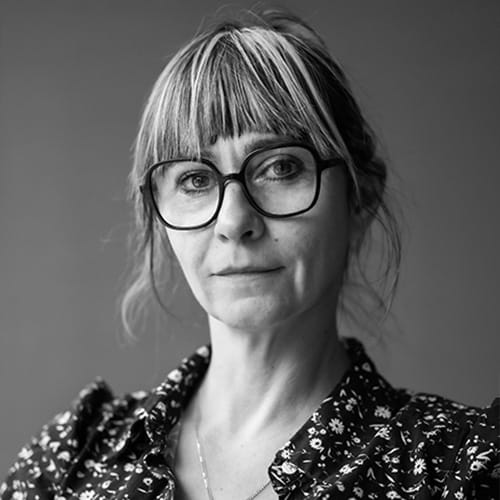Three years ago, Russian investors acquired Bosnalijek, the biggest generic drug maker in Bosnia and Herzegovina (BiH) by illicitly buying up shares, through a Luxembourg investment fund known as Haden, according to the documents obtained by the Center for Investigative Reporting in Sarajevo (CIN).
Haden bought blocks of Bosnalijek stock on the Sarajevo stock-exchange (SASE) following pre-arranged deals with the sellers that cut out other buyers. Traders held stock on behalf of Haden before selling it to it at a pre-arranged time for a pre-arranged amount. This illegal activity is called stock parking in stock exchange parlance.
Using inside information and participating in transactions in which the price, the time of trading and the participants are pre-arranged – in other words, the stock is parked — represents stock exchange fraud that is prohibited by the Law on Security Markets in the Federation of Bosnia and Herzegovina (FBiH) and the rules of the Sarajevo Stock Exchange.
Legal stock trading involves prices floating freely based on supply and demand of anonymous stock-exchange participants.
Booking Parking
Bosnalijek shares were intensely traded at SASE from September 2012 through mid-May 2013. Then, Haden, an off-shore investment fund from Luxembourg, became owner of 29.94 percent of the company. Even though HADEN was formally registered as the single biggest shareholder of Bosnalijek, in fact, it was just a proxy that bought stock on behalf of a beneficial owner – Imperia Pharma from Saint Petersburg. This Russian pharmaceutical company provided 34 million KM for the takeover of Bosnalijek.
Imperia Pharma went bankrupt in the middle of last year after Bosnalijek had shipped to it 75 million KM worth of drugs. The Russian firm defaulted on at least 28 million KM of its debt to Bosnalijek.
Eurohaus, a Sarajevo brokerage firm, assisted Haden in the buyout of shares. People connected to Eurohaus helped Haden on other deals as well.
Zijad Blekić, Eurohaus’s co-owner and manager, led the SASE’s Supervisory Board during the purchase. Eurohaus employee Edin Dizdar was a member of the Register of Security Papers in FBiH, an agency that keeps records about stock owners. Dizdar first became Haden’s representative and later a member of Bosnalijek’s Supervisory board, while Blekić’s daughter Azra took part in the trade of Bosnalijek shares.
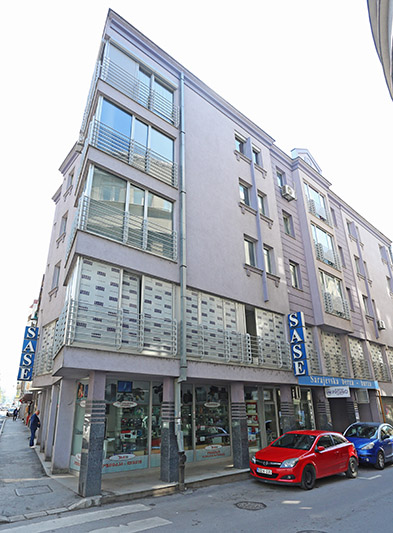
Haden got some of the money to buy shares (34 million KM) from Erkafarm, a Russian chain of pharmacies that Imperia Pharma bought through Haden. Haden got an additional 7.8 million KM as a loan from a Sarajevo branch of Sberbank. Since the Luxembourg firm had no traffic and its equity and assets were symbolic, the loan’s guarantor became Imperia Pharma. Haden’s credit file states that the Luxemburg fund worked on behalf of the Russian pharmaceutical company and was its proxy in the buyout.
In explaining the loan decision, the Credit Board of Sberbank said that Haden set up the buyout of Bosnalijek’s shares Jan. 15, 2013.
Stock exchange records show that Haden bought 526,000 Bosnalijek shares for 7.3 million KM on the day of the agreed transaction. The sellers were: Herbos Fund from Mostar; Balkan Investment Opportunity Fund (BIOF) from the Cayman Islands and hidden owners of the custody accounts held by a Mostar-based UniCredit bank.
They bought those same shares earlier from the small shareholders and from BiH investment funds. The Mostar and Cayman Islands funds were controlled by Aleksandar Hrkač, a stock exchange trader from Osijek, Croatia. Hrkač also owned a custody account in UniCredit bank through which he traded in shares. In the same bank, Azra Blekić had a custody account through which she resold Bosnalijek stock.
A bank keeps a custody account in order to administer securities on behalf of a beneficial owner known only to bank employees.
Pending Approval for Asset Freeze
The Osijek trader was often penalized for violating regional stock exchange rules.
In 2006, the Croatian Security and Exchange Commission withdrew a license from Hrčkač’s Osijek-based firm Vrijednosnice. Later, its BiH counterparts penalized Hrkač for illegally acquiring shares.
At the end of 2014, the BiH Prosecutor’s Office started an investigation into the takeover of the Sarajevo factory based on reports from the former Bosnalijek managers and the FBiH Minister of Energy, Mining and Industry Erdal Trhulj.
Despite the evidence they presented about the violations, the Prosecutor’s Office has not so far found any grounds for prosecution. Controversial decisions have accompanied the investigation. Last year, prosecutors issued an asset-freezing order restraining Haden, Imperia Pharma and key people in the Bosnalijek takeover – the CEO Nedim Uzunović, the president of the Supervisory Board Konstantin Zevlov and Board member Dizdar – from dissipating assets.
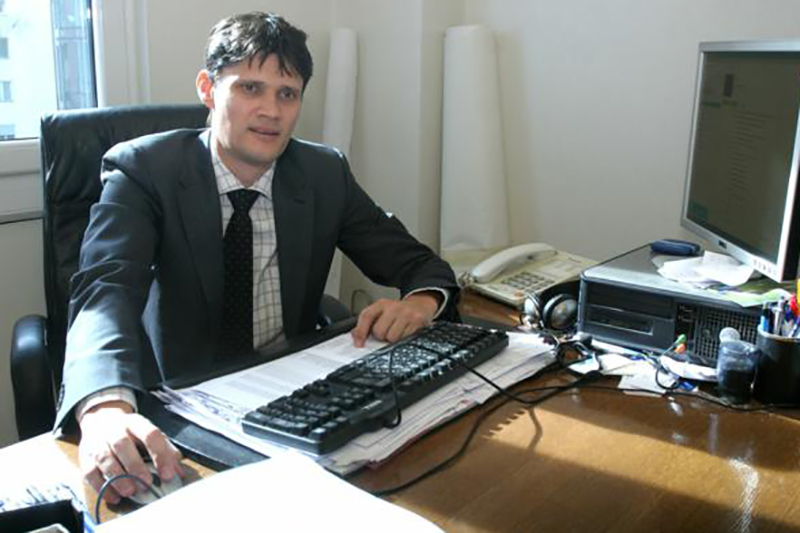
The property has never been frozen, though, and officials from the Court and BiH Prosecutor’s Office do not want to comment on this.
In letters to the prosecutors, the ministry and the management of Bosnalijek wrote about parking the stocks and they said some participants in the trade had inside information.
According to the reports, these acts represent market manipulation punishable under FBiH law by a fine or prison sentence of between 90 days and five years.
The campaign to take over Bosnalijek was led by an organized group headed by Uzunović, the former head of Bosnalijek’s Russian branch office, and composed of the president of the FBiH SEC Hasan Ćelam, Blekić, Hrkač, Dizdar and Zevlov – Imperia Pharma’s legal director. Uzunović, Dizdar and Zevlov were also Haden’s proxies during the takeover.
Hrkač played an important role in the resale of the shares. A year ago, a Croatian judge in Osijek interrogated him at the request of Bosnian judiciary. Hrkač said then that during 2012 and 2013, Dizdar and Eurohaus offered to sell him Bosnalijek shares that belonged to Herbos Fund, BIOS and him. In sworn testimony, Hrkač admitted that he influenced Herbos to sell Bosnalijek shares and that other funds and he did the same.
However, he told CIN that he had made no deals with Dizdar and that he had no idea how Haden found out he was selling shares.
Trading Without Profit
The arranged sale on Jan, 15, 2013, is one of the more suspect events during the takeover of the Sarajevo drug maker that lasted for 151 days.
During the intensive trading in Bosnalijek shares, the price did not change much, even though experience shows that higher demand usually drives up stock prices.
In the case of Bosnalijek, 14 KM per a share stayed the price over 59 days, including 37 days in a row. The FBiH Ministry of Energy, Mining and Industry officials wrote the Prosecutor’s Office that Haden and its proxies had fixed the price of shares — effectively bypassing the principles of free supply and demand on which the securities market is based.
Despite that, the SASE General Manager Tarik Kurbegović ordered no inspection of trading in Bosnalijek shares. He said events did not point to a manipulation in prices and other irregularities, nor was there suspicion that Haden had pre-arranged the buyout.
“They were buying for eight to nine months, which meant that they did not have someone who would sell it to them,” the SASE manager told CIN.
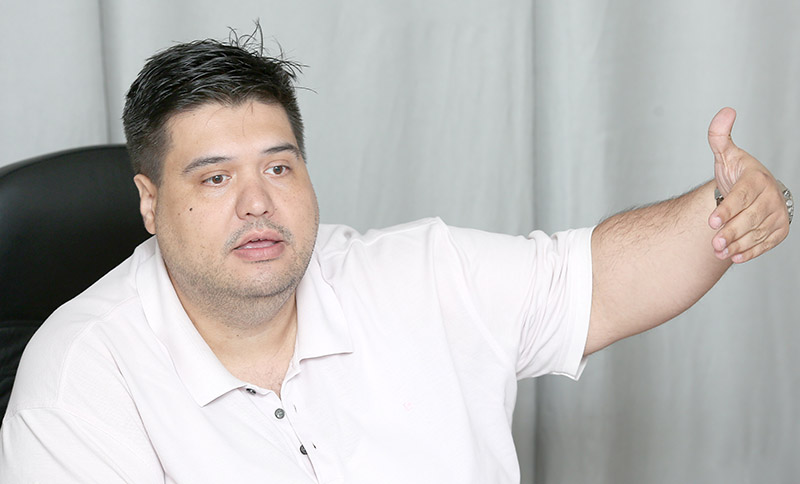
Haden’s admission of the arranged transaction in January 2013, as well as other evidence compiled by CIN, negate the SASE manager’s statement.
The massive takeover of Bosnalijek shares began in September 2012. Hrkač and the funds he represented, as well as the persons hidden behind the custody accounts in UniCredit and NLB bank, had in their crosshairs the stock of International Finance Corporation (IFC), which held 8.37 percent of Bosnalijek’s equity. Trading in IFC shares went on for 10 days with an average price of 12.75 KM. Buyers paid 8.36 million KM for this stock.
A list of transactions shows that the trading was coordinated. More than one-third of the shares were bought on Sept. 17, 2012, while the transfer of ownership from buyer to seller took place three days later. On the same day, all proxies sold their shares to Haden for 13 KM a share.
An analysis of trading with IFC’s stock shows that proxies sold shares onward with minimal profit and often at their own expense. For example, the difference between the buying and the selling price of IFC shares (sold to Haden) was 0.25 KM or 1.96 percent of profit. However, the profit was lost after the proxies paid fees worth 0.195 percent to the Sarajevo Stock Exchange and the Register of Securities. Brokerage fees usually cost 0.5 to 1.5 percent.
Adnan Bunjo, manager of Sarajevo brokerage AW Broker, said that when the traders have to pay higher fees to a stock exchange, Register of Security and brokers than their profit, they might eventually be selling shares below the purchasing price. Bunjo said that the banks also charge fees for maintaining custody bank accounts which are not bellow 1 percent, which increases the costs of share traders.
Hrkač said earlier that he made money on the sale of Bosnalijek and he told CIN that his fees did not go over 0.5 percent considering the high volume of shares he had dealt in and the status he enjoyed among the banks, the brokers and the stock exchanges.
Cash Under the Counter
This is not the only unusual characteristic of trading of Bosnalijek shares on the stock exchange. Between Oct. 11, 2012, and March 15, 2013, BIOF was buying shares of the Sarajevo company before selling them to Haden at a loss.
By Jan. 14, 2013, BIOF bought 39.833 shares for 557.186 KM before it sold them to Haden at a profit of 478 KM. Considering the cost of trading fees which it had to pay, the profit swiftly turned into loss.
BIOF lost even more when it continued to trade with the shares of the Sarajevo drug maker.
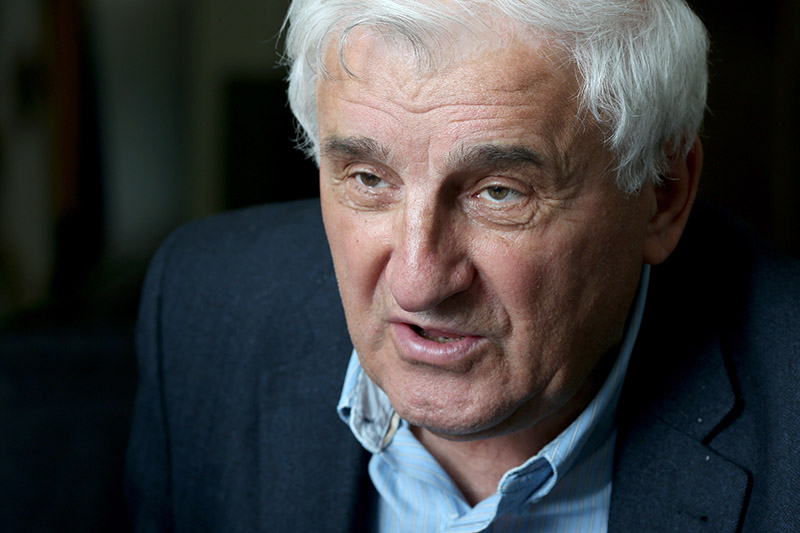
By mid-March, the fund sold 75,517 shares to Haden and lost 12,736 KM in the process.
In one of the reports then-Minister Trhulj told the Prosecutor’s Office that the lack of profit hinted that the stock traders charged the difference between the real and recorded price in cash, outside the stock exchange transactions. In this way, the share traders could claim their cut, while Haden would prevent the rise of the stock price.
Halil Čengić, one small Bosnalijek shareholdes, told CIN reporters that Hrkač offered him Bosnalijek shares for 14 KM through the stock exchange and asked for 1.5 KM commission per a share to be paid in cash. Čengić said that he and family members had 6,000 shares of Bosnalijek, but that he could also influence other people’s shares:
“At one point I had around 70,000 shares which could be placed on the stock exchange on my word.”
Čengić said that he would have sold the shares, but it dawned on him that this was the beginning of fixing prices which could mean that in the future he might lose money while trading in shares of other companies, such as the Sarajevo Tobacco Company and Tuzla Salt Factory. He never went ahead with the sale. Hrkač denies this ever happened.
“I have never negotiated with small shareholders with regard to the buyout of Bosnalijek shares and especially not with Halil Čengić,” Hrkač testified in Osijek.
He has given contradictory statements, however. At one point he said he never negotiated the price of shares and illegal cash transactions, then said he tried hard to remember if he had even traded in Bosnalijek shares:
“I can’t recall. Maybe I did.”
_______________________________________________________________________________________________________________
SASE’s Rebuttal of a CIN Story
CIN’s Editorial Reponse to SASE Letter
_______________________________________________________________________________________________________________


